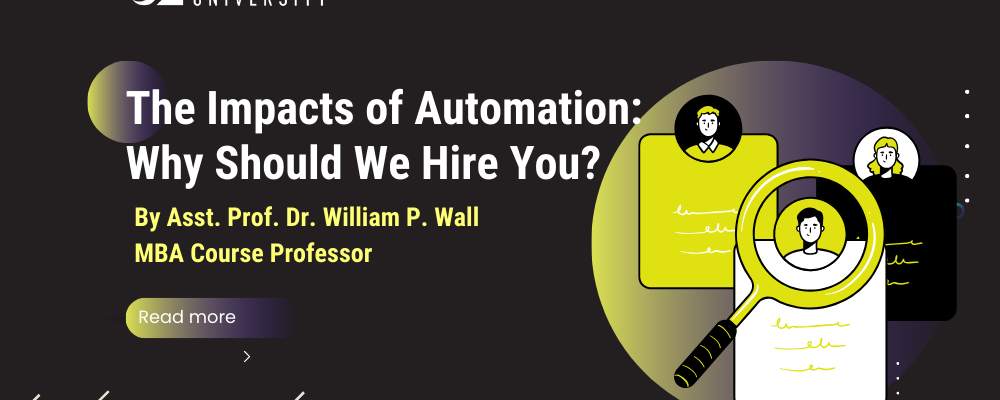
Automation is reshaping job markets at an unprecedented pace, with artificial intelligence (AI) and robotics taking on roles ranging from data analysis to creative content generation. While these innovations bring efficiency and cost savings, they also raise an essential question: Why should companies still prioritize hiring humans? The answer lies in the irreplaceable qualities humans bring—qualities that cannot be quantified by a GPA or replicated by machines.
Humans excel where machines falter: in creativity, emotional intelligence, and adaptability. Automation can process data and perform repetitive tasks with speed and precision, but it cannot brainstorm groundbreaking ideas, empathize with a distressed client, or adapt seamlessly to unexpected challenges. These skills—often referred to as soft or human skills—are critical in industries requiring innovation, problem-solving, and interpersonal connections. For example, a customer service chatbot might answer FAQs, but only a human can diffuse a tense situation with empathy and personalized care.
In graduate school, the emphasis often shifts from grades to collaboration, leadership, and networking. A stellar GPA might get you into a program, but human interaction skills—like the ability to communicate effectively, work in diverse teams, and build professional relationships—determine how well you thrive and succeed. These skills are vital not just for academic achievements, like publishing research or presenting at conferences, but also for career growth post-graduation.
Moreover, in a world increasingly dominated by automation, the ability to connect with others has become a competitive advantage. Employers are looking for professionals who can bridge the gap between technology and humanity—individuals who can manage teams, foster innovation, and build trust with clients.
As automation takes over routine tasks, the value of uniquely human skills grows exponentially. Hiring a human means investing in creativity, empathy, and adaptability—qualities that not only drive business success but also foster meaningful connections. Whether in grad school or the workplace, focusing on building these human skills will ensure your impact goes beyond grades and algorithms, positioning you as a leader in the future of work.
